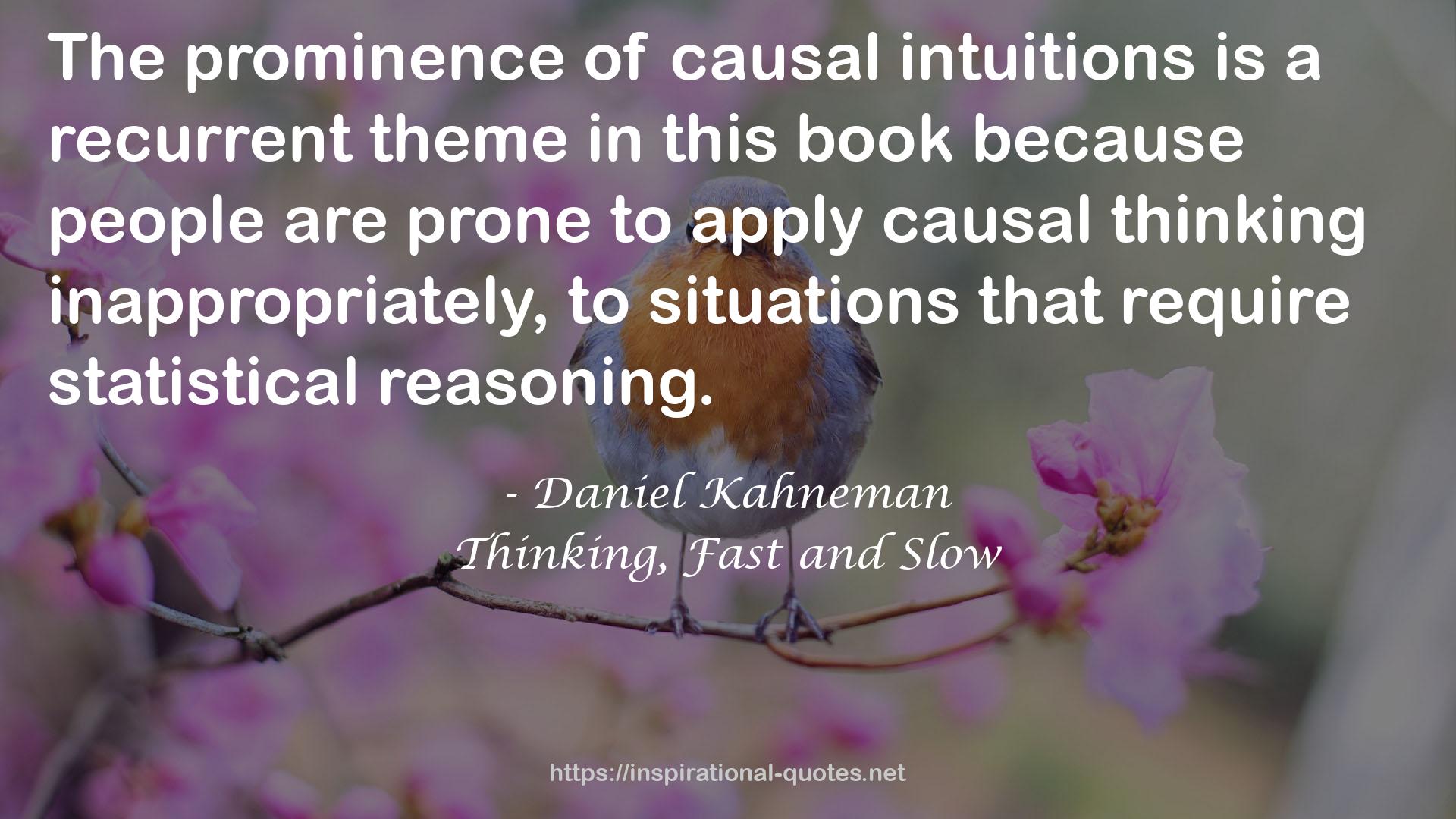148
" Optimists Optimism is normal, but some fortunate people are more optimistic than the rest of us. If you are genetically endowed with an optimistic bias, you hardly need to be told that you are a lucky person—you already feel fortunate. An optimistic attitude is largely inherited, and it is part of a general disposition for well-being, which may also include a preference for seeing the bright side of everything. If you were allowed one wish for your child, seriously consider wishing him or her optimism. Optimists are normally cheerful and happy, and therefore popular; they are resilient in adapting to failures and hardships, their chances of clinical depression are reduced, their immune system is stronger, they take better care of their health, they feel healthier than others and are in fact likely to live longer. A study of people who exaggerate their expected life span beyond actuarial predictions showed that they work longer hours, are more optimistic about their future income, are more likely to remarry after divorce (the classic “triumph of hope over experience”), and are more prone to bet on individual stocks. Of course, the blessings of optimism are offered only to individuals who are only mildly biased and who are able to “accentuate the positive” without losing track of reality. Optimistic individuals play a disproportionate role in shaping our lives. Their decisions make a difference; they are the inventors, the entrepreneurs, the political and military leaders—not average people. They got to where they are by seeking challenges and taking risks. They are talented and they have been lucky, almost certainly luckier than they acknowledge. They are probably optimistic by temperament; a survey of founders of small businesses concluded that entrepreneurs are more sanguine than midlevel managers about life in general. Their experiences of success have confirmed their faith in their judgment and in their ability to control events. Their self-confidence is reinforced by the admiration of others. This reasoning leads to a hypothesis: the people who have the greatest influence on the lives of others are likely to be optimistic and overconfident, and to take more risks than they realize. "
― Daniel Kahneman , Thinking, Fast and Slow
155
" Many researchers have sought the secret of successful education by identifying the most successful schools in the hope of discovering what distinguishes them from others. One of the conclusions of this research is that the most successful schools, on average, are small. In a survey of 1,662 schools in Pennsylvania, for instance, 6 of the top 50 were small, which is an overrepresentation by a factor of 4. These data encouraged the Gates Foundation to make a substantial investment in the creation of small schools, sometimes by splitting large schools into smaller units. At least half a dozen other prominent institutions, such as the Annenberg Foundation and the Pew Charitable Trust, joined the effort, as did the U.S. Department of Education’s Smaller Learning Communities Program. This probably makes intuitive sense to you. It is easy to construct a causal story that explains how small schools are able to provide superior education and thus produce high-achieving scholars by giving them more personal attention and encouragement than they could get in larger schools. Unfortunately, the causal analysis is pointless because the facts are wrong. If the statisticians who reported to the Gates Foundation had asked about the characteristics of the worst schools, they would have found that bad schools also tend to be smaller than average. The truth is that small schools are not better on average; they are simply more variable. If anything, say Wainer and Zwerling, large schools tend to produce better results, especially in higher grades where a variety of curricular options is valuable. Thanks to recent advances in cognitive psychology, "
― Daniel Kahneman , Thinking, Fast and Slow

